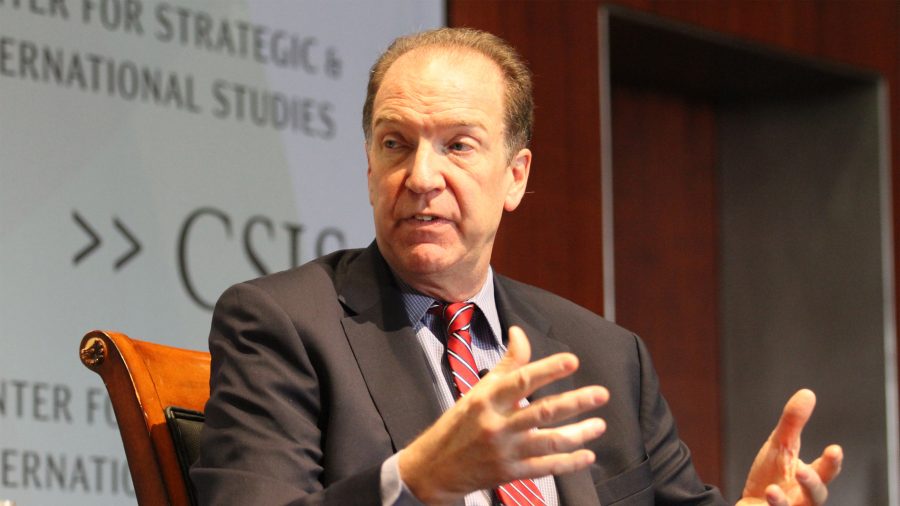The World Bank has ranked Nigeria among the top 10 economies that improved on the “Ease of Doing Business”. This is the second time Nigeria would appear as one of the world’s top-10 improvers in doing business in the last three years.
According to the World Bank 2020 ease of doing business report, ten economies in the world improved the most on the ease of doing business after implementing regulatory reforms.
Basic Highlights: The World Bank report shows that in Doing Business, the 10 top improvers in 2020 are Saudi Arabia, Jordan, Togo, Bahrain, Tajikistan, Pakistan, Kuwait, China, India, and Nigeria.
- Basically, the World Bank stated that the countries implemented a total of 59 regulatory reforms in 2018/19, accounting for one-fifth of all the reforms recorded worldwide.
- Similarly, efforts in the economies focused primarily on the areas of starting a business, dealing with construction permits, and trading across borders.
- Jordan and Kuwait are new additions to the list of 10 most improved economies.
- India, which has conducted a remarkable reform effort, joins the list for the third year in a row.
- In terms of total regulatory reforms, Bahrain implemented the highest number of regulatory reforms (nine), improving in almost every area measured by Doing Business. While China and Saudi Arabia follow Bahrain with eight reforms each.

Ease of Doing Business in Nigeria
In terms of starting a business, the World Bank report shows that Nigeria improved in several indices which include dealing with construction permits, getting electricity, registering property, trading across borders and enforcing contracts.
Starting a business: According to the World Bank, Nigeria made starting a business easier by reducing the time needed to register a company and by improving online platforms. This reform applies to both Kano and Lagos. The World Bank report also shows that Kano also made starting a business easier by no longer requiring on-site inspections for business premises registration.
On Contract enforcement, the World Bank report shows Nigeria made enforcing contracts easier by introducing a pretrial conference as part of the case management techniques used in court. This reform applies to both Kano and Lagos. Nigeria (Kano) also made enforcing contracts easier by issuing new rules of civil procedure for small claims courts, which limit adjournments to unforeseen and exceptional circumstances.
[READ ALSO: ABC survey shows US companies contributed over N111 billion to Nigeria in 2017]
Explaining other indices that improved in Nigeria, the World Bank report reads:
“Nigeria made getting electricity easier by allowing certified engineers to conduct inspections for new connections. This reform applies to both Kano and Lagos. Nigeria also improved its land administration system by implementing a geographic information system.
Nigeria reduced the time to export and import by further upgrading its electronic system and by launching e-payment of fees. This reform applies to both Kano and Lagos.”
Reacting to the report, the Minister of Trade and Investment, Otunba Niyi Adebayo, explained that the steady rise in the ranking of Nigeria is a testament to the works that have gone into trade and business by the current administration.
“The steady improvement in Nigeria’s ease of doing business score and rank is a testament to the reforms implemented by this Administration over the past 4 years in line with the reform agenda being implemented at national and sub-national levels across the country since the establishment of the Presidential Enabling Business Environment Council (PEBEC) by President Buari”























